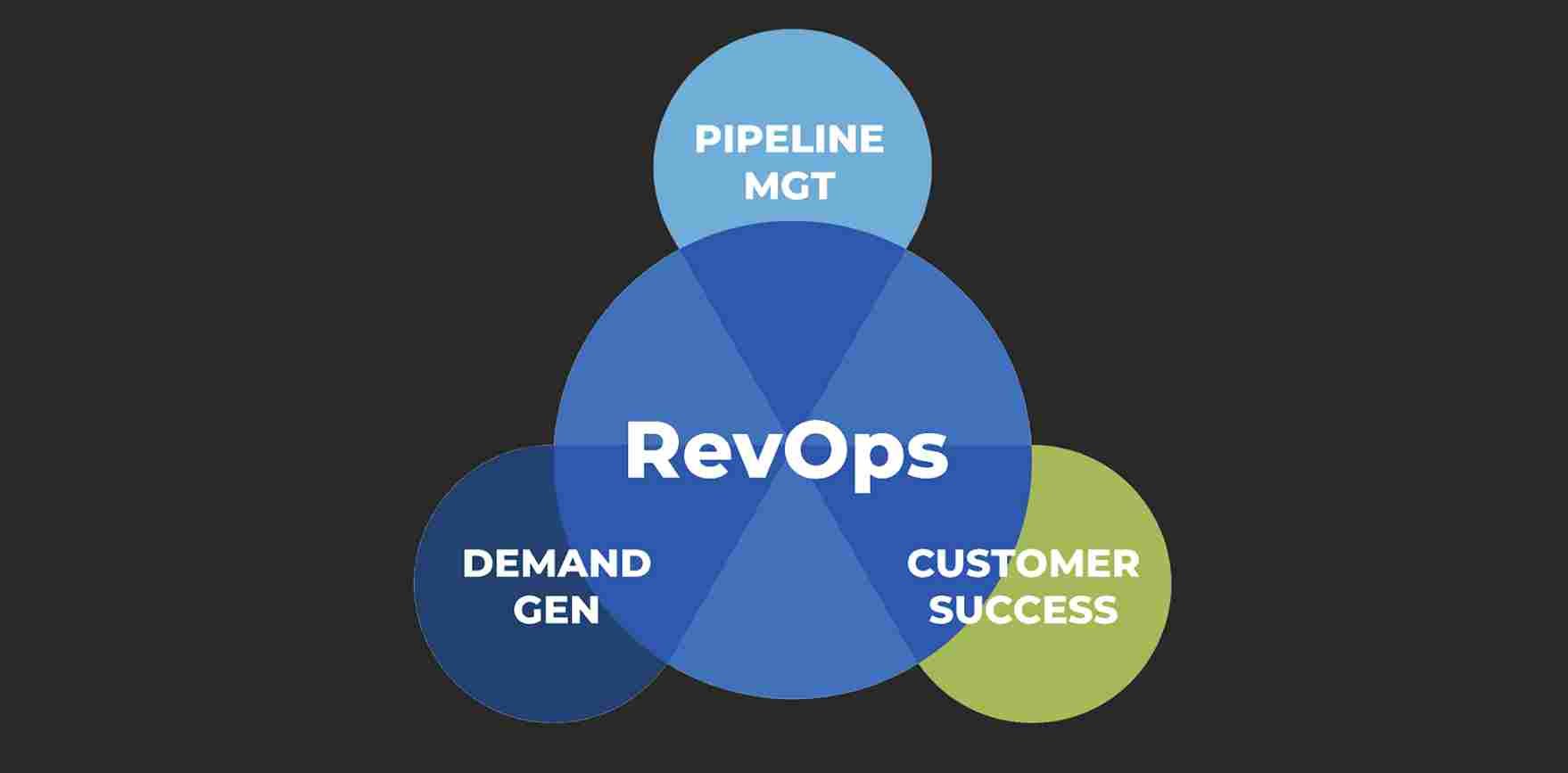Top Software Development Frameworks to Learn
In the rapidly evolving landscape of software development, staying up-to-date with the best development frameworks 2024 is crucial for any developer. Whether you’re just starting out or looking to expand your skill set, mastering the right frameworks can significantly enhance your productivity and career prospects. This article explores some of the most popular software frameworks that are shaping the industry and why they should be on your radar.
1. React – The Front-End Powerhouse
React, developed by Facebook, continues to be one of the top programming frameworks for front-end development. Known for its flexibility and performance, React allows developers to build user interfaces with a component-based architecture. This framework is particularly favored for its ability to handle dynamic and complex applications with ease.
React’s ecosystem is rich with tools and libraries, such as Redux for state management and Next.js for server-side rendering, making it an essential framework for any developer focused on creating modern web applications. Its popularity is also driven by a large and active community, providing abundant resources for learning and problem-solving.
2. Angular – Comprehensive Front-End Development
Angular, maintained by Google, is another heavyweight in the front-end development arena. Unlike React, which is more of a library, Angular is a full-fledged framework that offers a comprehensive solution for building single-page applications (SPAs). It’s known for its two-way data binding, dependency injection, and powerful CLI (Command Line Interface) tools.
For developers who prefer an all-in-one solution with built-in features for testing, routing, and forms management, Angular is among the essential coding frameworks to master. Its extensive documentation and strong corporate backing make it a reliable choice for enterprise-level applications.
3. Django – The Python Web Framework
Python has been gaining traction in recent years, and Django stands out as one of the popular software frameworks for web development in this language. Django is known for its “batteries-included” approach, providing a range of built-in features like an ORM (Object-Relational Mapping), authentication, and a robust admin panel.
Django’s emphasis on security and scalability makes it ideal for large-scale projects. It follows the DRY (Don’t Repeat Yourself) principle, encouraging reusable and maintainable code. For Python enthusiasts, Django is undoubtedly one of the top programming frameworks to explore.
4. Spring – The Backbone of Java Development
For those working in the Java ecosystem, Spring is a must-learn framework. As one of the best development frameworks 2024, Spring offers a comprehensive set of tools for building enterprise-level applications. Spring Boot, a part of the Spring ecosystem, simplifies the development process by providing a convention-over-configuration approach, making it easier to create stand-alone, production-ready applications.
Spring’s modular nature allows developers to pick and choose the components they need, whether it’s for building web applications, microservices, or complex distributed systems. Its popularity in the enterprise sector makes it an invaluable skill for Java developers.
5. Vue.js – The Progressive JavaScript Framework
Vue.js has been making waves in the development community as a lightweight yet powerful front-end framework. Its progressive nature allows developers to adopt it incrementally, making it a flexible option for projects of all sizes. Vue.js is known for its simplicity and ease of integration with existing projects, making it one of the top programming frameworks to consider.
Vue’s ecosystem includes tools like Vue Router for routing and Vuex for state management, providing everything you need to build modern, interactive web applications. The framework’s growing popularity is reflected in its vibrant community and extensive library of third-party plugins.
6. Ruby on Rails – The Convention Over Configuration Pioneer
Ruby on Rails, or simply Rails, is a full-stack web application framework written in Ruby. It has been a game-changer in the world of web development, advocating the “Convention over Configuration” paradigm, which reduces the number of decisions a developer has to make while still allowing for flexibility.
Rails is particularly popular among startups and small teams due to its rapid development capabilities. It provides built-in solutions for common tasks such as database management, routing, and testing. For developers looking to learn a framework that emphasizes productivity and clean code, Rails is one of the essential coding frameworks to master.
7. Laravel – The PHP Framework for Web Artisans
Laravel is the go-to framework for PHP developers. It offers a clean and elegant syntax that is designed to make development a pleasurable experience. Laravel comes with built-in tools for routing, authentication, and session management, making it a comprehensive framework for building web applications.
One of Laravel’s standout features is its powerful ORM, Eloquent, which simplifies database interactions. The framework also supports a robust task scheduling system and a command-line interface called Artisan, which automates repetitive tasks. As PHP continues to be a dominant language for web development, Laravel remains one of the popular software frameworks to learn.
Conclusion
As we move into 2024, mastering these top programming frameworks will not only keep you competitive in the job market but also enhance your ability to deliver high-quality, scalable software solutions. Whether you’re focused on front-end development with React or Angular, backend development with Django or Spring, or full-stack development with Vue.js, Rails, or Laravel, these popular software frameworks provide the tools you need to succeed in the ever-evolving field of software development.
By staying updated with the best development frameworks 2024, you ensure that your skills remain relevant and that you’re prepared to tackle the challenges of modern software development. Embrace the learning journey, and you’ll find yourself well-equipped to create the next generation of innovative software applications.





